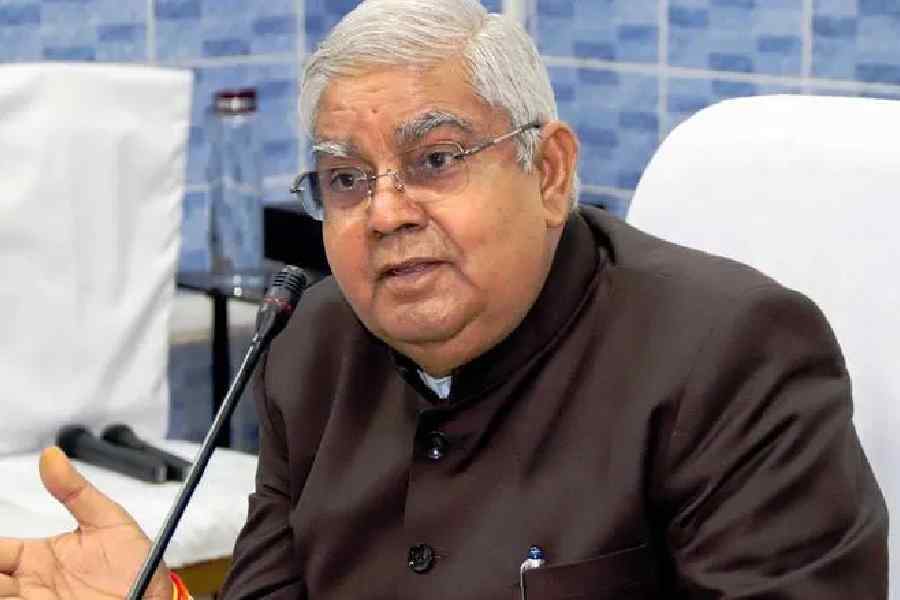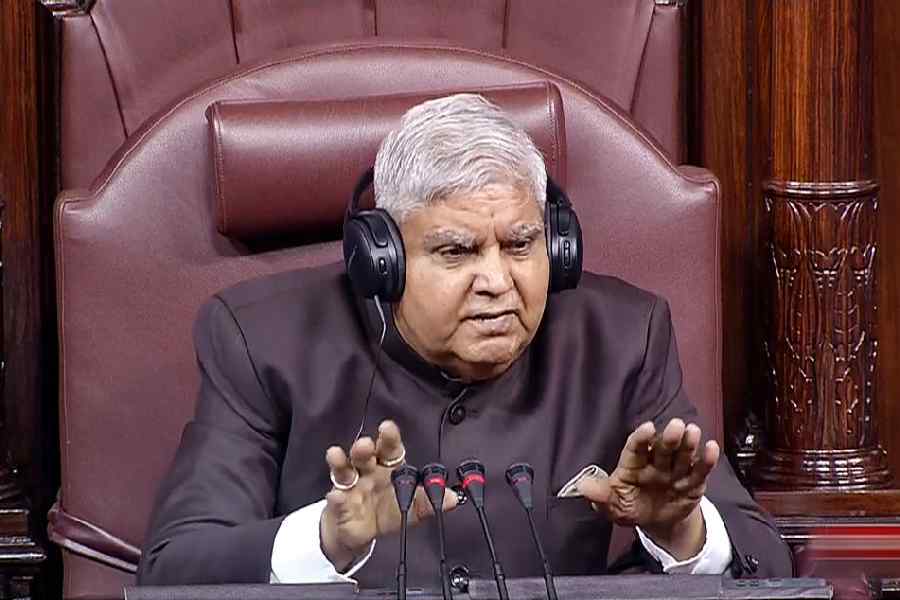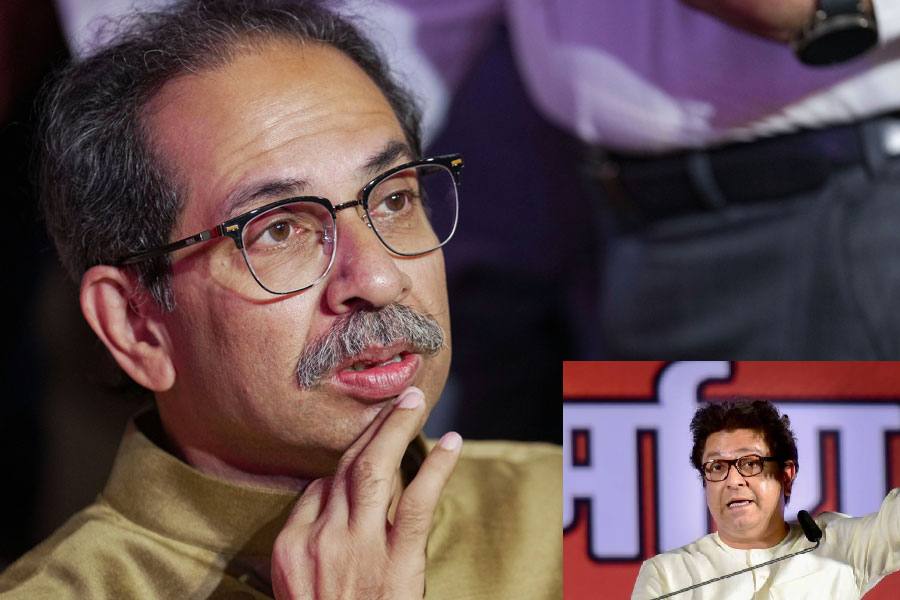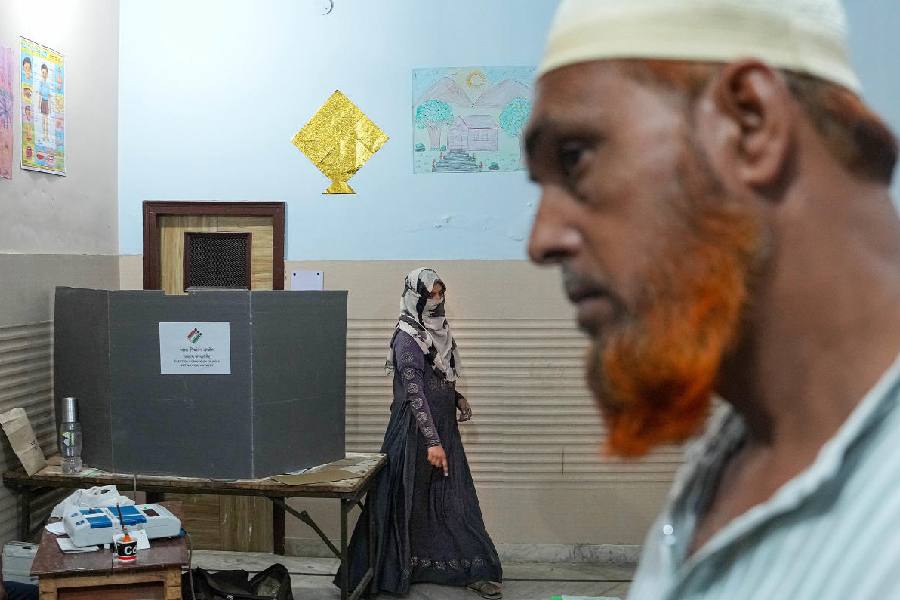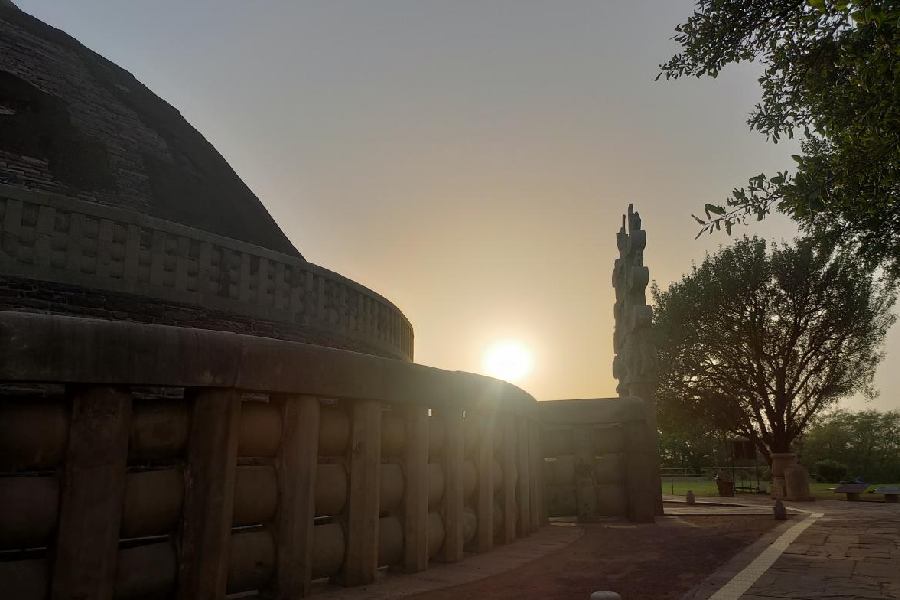Rajya Sabha chairman Jagdeep Dhankhar on Tuesday conceded that Trinamul Congress leader Derek O’Brien was right in pointing out that notices under Rule 267 should take precedence over those under Rule 176.
Rule 267 facilitates detailed discussions by providing for the suspension of all listed businesses for the day while Rule 176 is usually invoked for short-duration debates.
However, after conceding that O’Brien was right, Dhankhar did not allow discussion under Rule 267 as he had already accepted a short-duration discussion on the issue.
Since the beginning of the monsoon session, the Opposition parties have been demanding a discussion on the violence in Manipur under Rule 267. Dhankhar had on Thursday accepted notices moved by a few other members for discussion on Manipur under Rule 176, which provides for a debate of up to only two-and-a-half hours.
Dhankhar said O’Brien had “rightly” pointed out that notices moved for discussion under Rule 267 should take precedence over other notices moved for the same issue. He said 51 notices under Rule 267 had been received, of which 50 were for discussion on the Manipur violence.
However, when Dhankhar did not allow discussion under Rule 267 even after conceding that O’Brien was right, Congress leader P. Chidambaram expressed surprise at how Dhankhar could go back on his words and not allow a discussion under Rule 267.
Dhankhar responded: “I am surprised when P. Chidambaram said ‘how could you do it (ignore notices for discussion under Rule 267)?’ This is an inappropriate remark to the Chair.”
Chidambaram later told The Telegraph that he was not questioning the authority of the Chair but merely pointing out the contradiction in the statement of the Chairman.
“My point was simple. When you are admitting that notices for discussion under Rule 267 take precedence over other notices, and you are still not accepting the notices, this is a contradiction,” he said.
Leader of Opposition Mallikarjun Kharge said the NDA government had accepted notices for discussion under Rule 267 in 2016. Earlier, the UPA government had accepted many such notices.
“Today Manipur is burning. We are talking of Manipur. The Prime Minister is talking about the East India Company. Why not Manipur? Why will the Prime Minister not come here?” Kharge said.
While Kharge was speaking, leader of the House Piyush Goyal stood up twice and said crime against women was on the rise in Rajasthan, Chhattisgarh and Bengal. The discussion should cover the situation in other states too instead of being limited to Manipur, Goyal said.
The House was adjourned twice during the morning hours.
Post-lunch, the House started discussing the Constitution (Scheduled Tribes) Order (Fifth Amendment) Bill, which provides for the inclusion of the Dhanuhar, Dhanuwar, Kisan, Saunra, Saonra and Binjhia communities in the ST list.
Kharge said the entire Opposition supported the bill. However, the Opposition parties staged a walkout demanding a discussion under Rule 267 on the Manipur violence.

